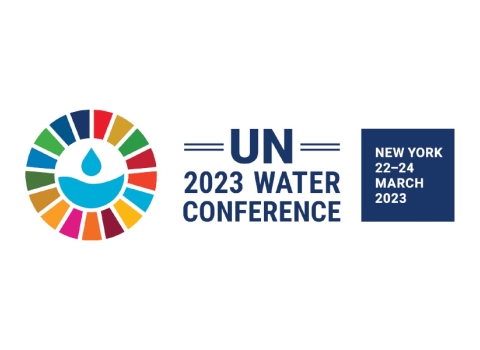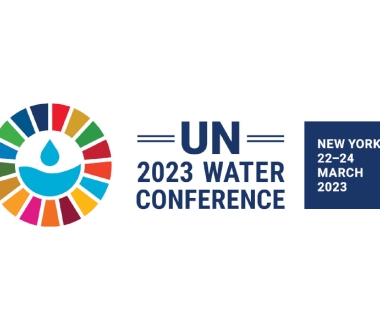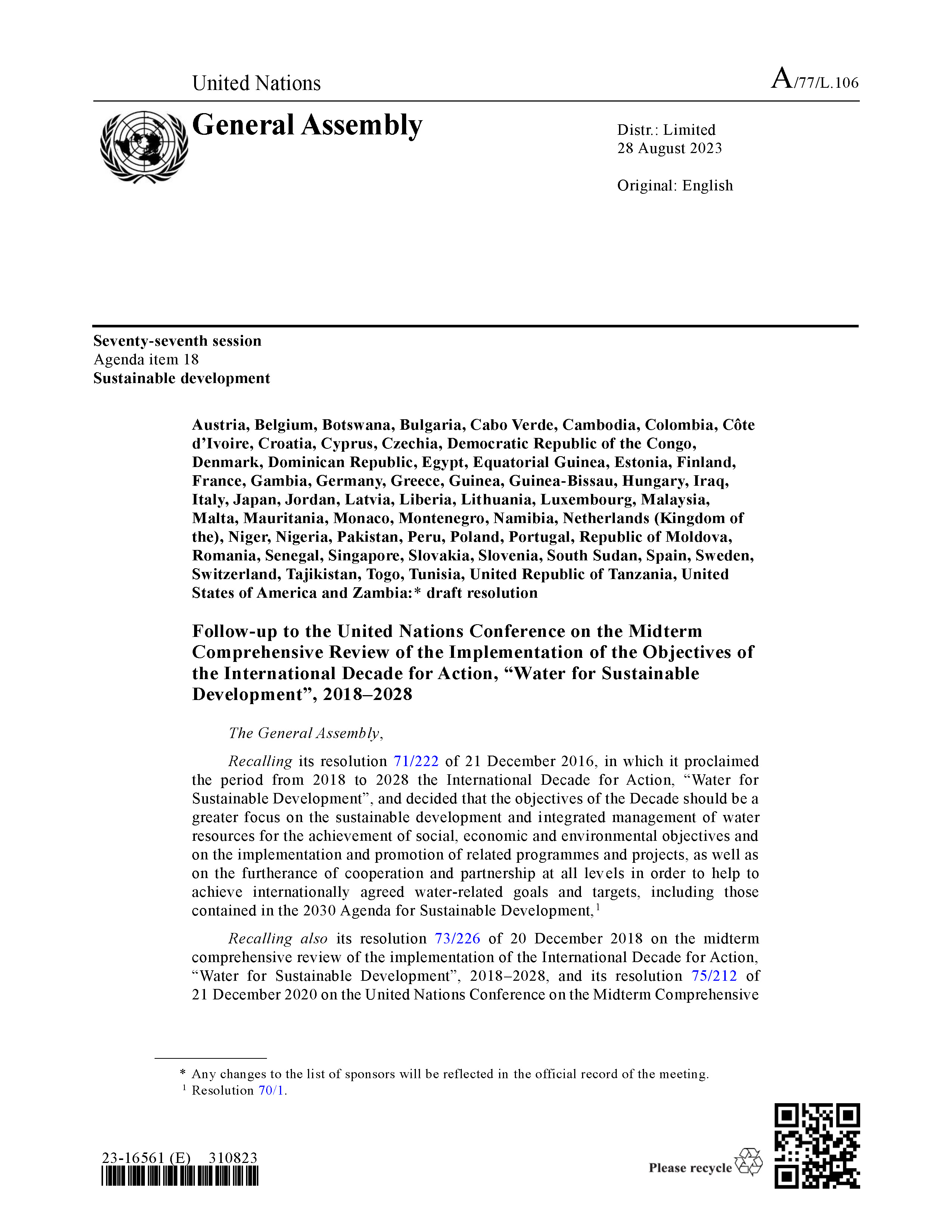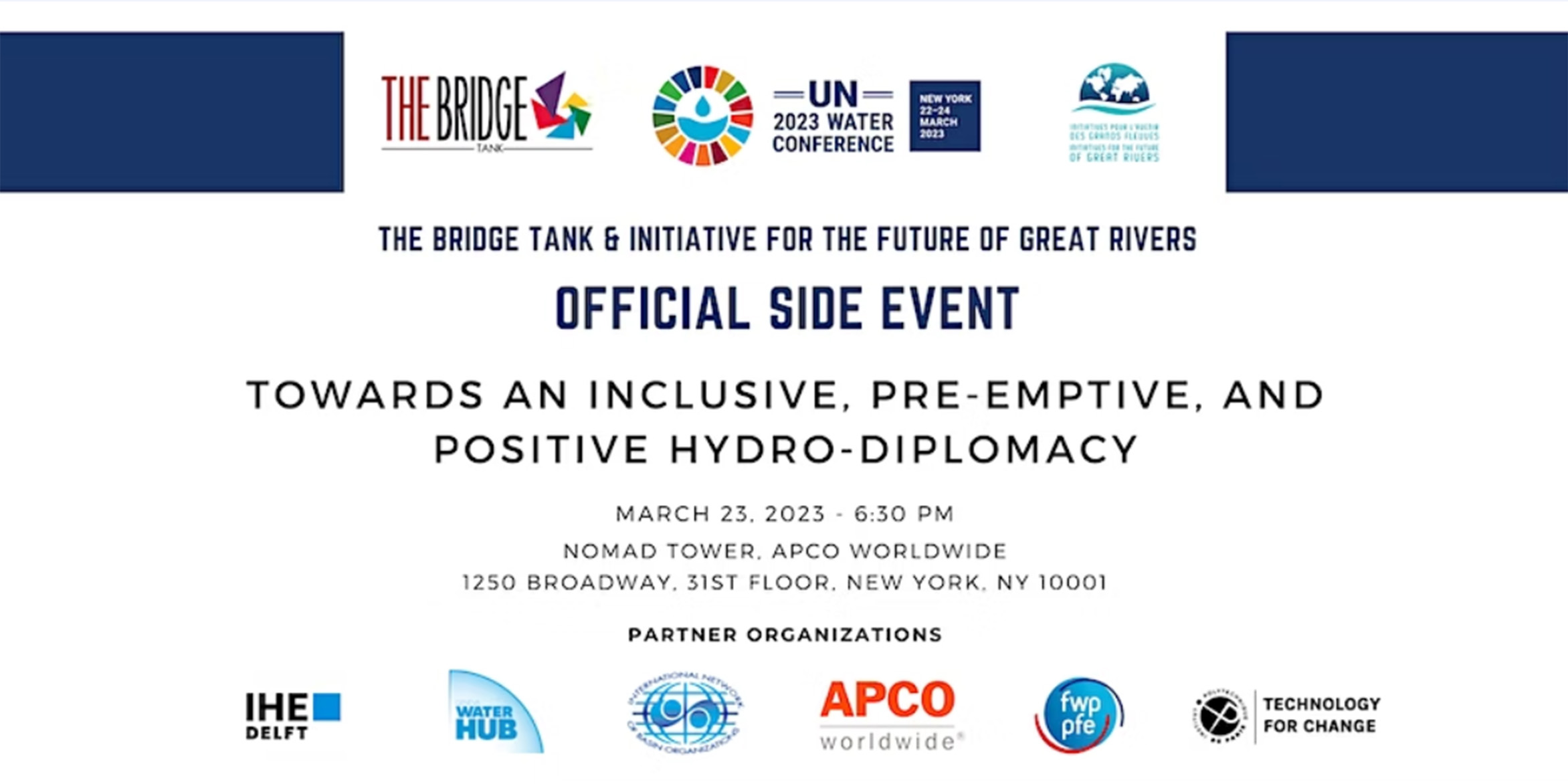
2023 UN Water Conference - Side Event - Towards an inclusive, pre-emptive, and positive hydro-diplomacy

Impact

- Impact
-
The Follow-up to the United Nations Conference on the Midterm Comprehensive Review of the Implementation of the Objectives of the International Decade for Action, “Water for Sustainable Development”, 2018–2028 document can be found below.

About the Event
With conflicts over water gaining in prominence and intensity, the need to develop tools and practices ensuring peaceful collaboration and integrated co-management on transboundary water resources has become ever more pressing – this issue very much stands at the crossroads of Goals 6, 16, and 17 of the SDGs
Rethinking hydro-diplomacy and expanding it beyond the sole practice of diplomats, beyond its traditional definition as a last resort defensive lever to avoid a violent escalation of conflicts over water resources, aims to establish a more inclusive multi-stakeholder practice of hydro-diplomacy instead, in order to encourage and facilitate a more peaceful and routinised transboundary cooperation on water resources. The side event will focus on the potential for peace-building and cooperation found in hydro-diplomacy, more precisely in a renewed, rethought, and expanded understanding of hydro-diplomacy, acting ahead of international rivers conflicts with concrete tools and broadened, more inclusive and data-informed recurring platforms co-managing economic, social, and ecological uses of water and river development. Positive examples of peaceful co-management of water resources do exist. This session will therefore shed light on a diversity of existing tools, processes, and practices of inclusive cooperation and shared water management being developed around the world, e.g. treaties, river basin organisations, shared infrastructures, or shared data, research and incubation programmes, and highlight resilient success stories. The side event will also address the comparative advantages, limitations, and the replicability of these tools in order for them to maximize their potential within this renewed framework of positive hydro-diplomacy in support of target 6.5 of the SDGs.
The event will create a de facto platform of cross-sectoral exchange and collaborative seeking out of innovative solutions under the umbrella of hydro-diplomacy. This platform hopes to be replicated within The Bridge Tank's World Water for Peace Conference and contribute to a paradigm shift on our understanding of water, away from water as a vector of war and conflict, toward water a vector of peace and cooperation.
The speakers of this session will include water practitioners, scientists, hydro-diplomacy specialists, development actors, and notable political decision makers involved in initiatives of development of integrated transboundary management of water resources.
Moderator
Dr, Mr Joel Ruet, École Polytechnique, Chairman, The Bridge Tank
Participants
- Dr. Mr Erik ORSENNA, Chairman, Initiative for the Future of Great Rivers, Member of the Académie of France
- Dr. Ms Annukka LIPPONEN, Chief Specialist on Water Resources Management, Ministry of Agriculture and Forestry, Government of Finland (TBC)
- Ms Marie-Laure VERCAMBRE, General Director, French Water Partnership
- Dr. Ms Susanne SCHMEIER, Associate Professor, Water Law and Diplomacy, Institute for Water Education, IHE Delft
- Prof. Mr Christian BRETHAUT, Scientific Director, Geneva Water Hub (GWH), Global Observatory for Water and Peace (GOWP)
- Ms Clémence AUBERT, Head of Strategic Management, Compagnie Nationale du Rhône, France
Coordinating Partners
- The Bridge Tank
- Initiatives for the Futur of Great Rivers (IAGF)
- International Network of Basin Organizations (INBO)
- IHE Delft
- Geneva Water Hub
- French Water Partnership


